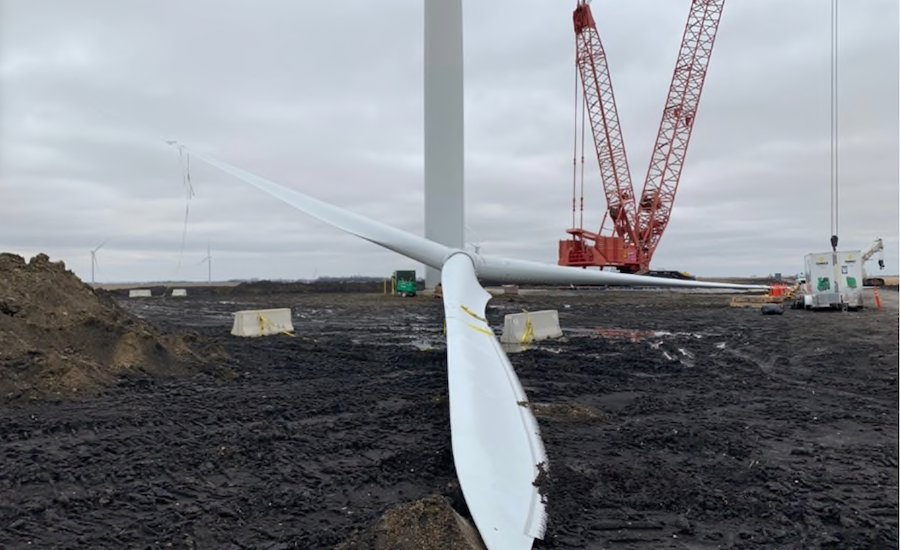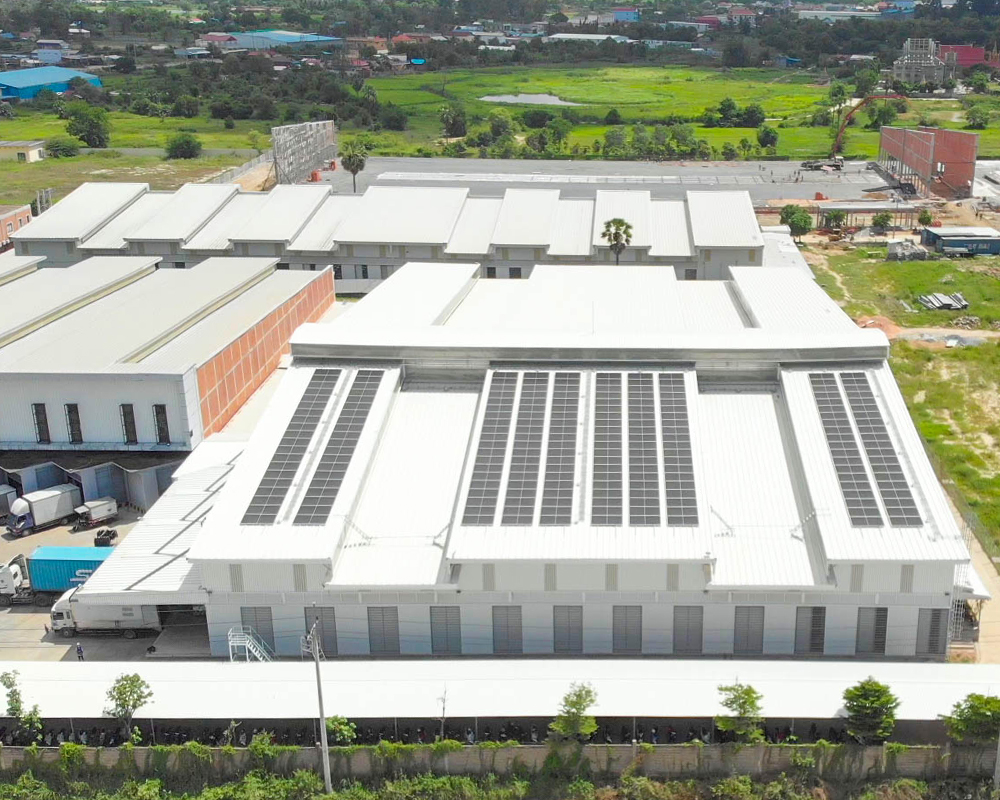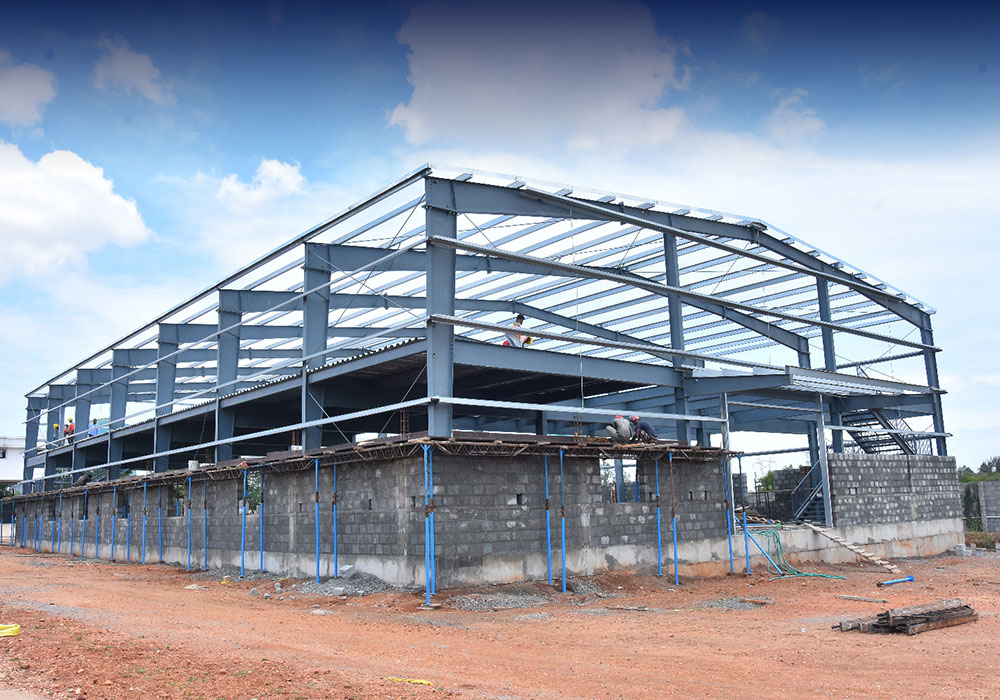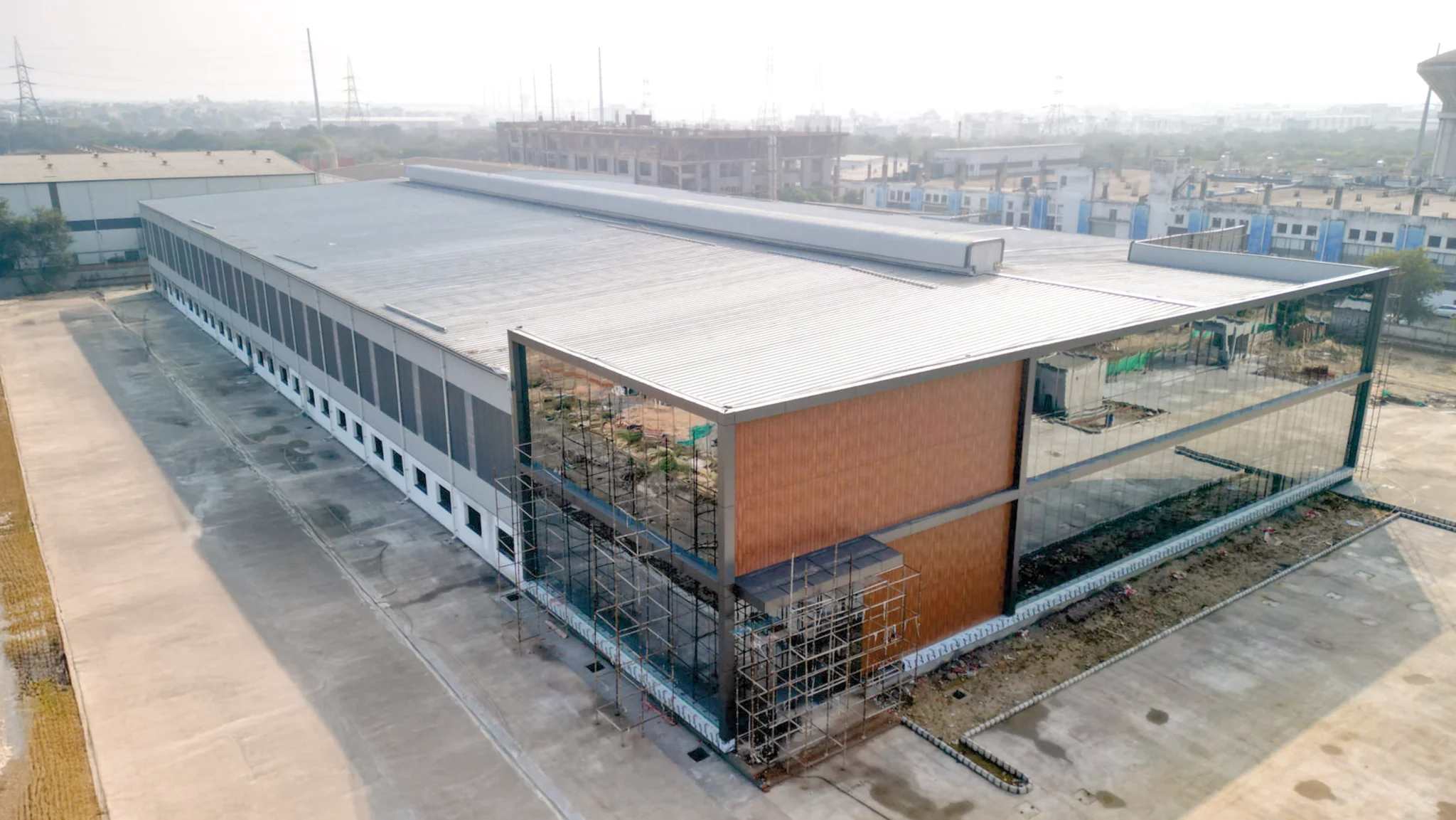
Black & Veatch Appeals After Judge Upholds Jury’s Surprise $1 Damage Award From Boldt
[ad_1]
Black & Veatch is appealing a federal court judge’s decision in May to stick with the results of a trial late last year after which the jury reached a surprising verdict. In deciding how much money in damages subcontractor Boldt Co. owed to prime contractor Black & Veatch over a troubled Illinois wind energy project in 2019, the jury ordered Boldt to pay Black & Veatch only one dollar.
The nominal dollar damage award seemed to indicate that the jury did not believe the cost information provided by Black & Veatch, wrote Judge Andrea Wood in her May ruling, who serves on the Chicago-based northern district of Illlinois .
Last year, Wood had ruled without a jury—in what iss called a summary judgment—that Boldt had violated its subcontract with Black & Veatch and owed damages. Wood said she considered the evidence overwhelming that there was a violation.
All that the Chicago jury needed to do was figure out how much Boldt owed Black & Veatch. After a three-week trial, the dollar verdict suddenly turned the matter into a much longer legal struggle.
Black & Veatch, working with a new legal team, informed Wood on June 10 that it was appealing her decision reached in May; spurning Boldt’s and Black & Veatch’s newest motions.
Black & Veatch moved for a new trial and asked the judge to vacate the jury’s $1 award. At the same time, Boldt moved to alter the court’s judgment about its liability, claiming the firm should now be allowed to collect money owed to it by Black & Veatch. But Wood denied both motions.
Much of the decision by the jury, Wood ruled in rejecting the appeal, hinged on its skepticism of Black & Veatch’s costs.
Capital Power, an Edmonton, Alberta-based wind power developer, had hired Black & Veatch under a $68-million contract to construct 60 General Electric-manufactured wind turbines on a 20,000-acre site in Good Hope, Ill. Black & Veatch in turn hired Appleton, Wis.-based Boldt to erect the turbines under a $15-million subcontract.
Boldt said its work fell behind schedule because of Black & Veatch’s failure to provide suitable crane pads, access roads and site laydown areas. Those responsibilities were “consistent with [Black & Veatch’s] obligations under the contract,” wrote Wood.
Boldt also blamed GE’s delayed and incomplete deliveries of turbine
parts for the remainder of the delay. Boldt claimed that it had erected or partly erected many of the turbines but that Black & Veatch never paid it for work covered by a final invoice.

Blocking used to support a turbine blade became part of the controversy between Black & Veatch and Boldt. Photo: Federal court filing by Black & Veatch
Black & Veatch contended, however, that Boldt was the sole cause of delay to the project. It said it had to go to considerable expense to hurry to finish the work on time.
The contractor argued to the jury that it should be awarded $29.4 million from Boldt. That amount represented Black & Veatch’s cost to complete the work, less the roughly $15-million value of Boldt’s contract, plus overhead and administrative costs.
In reflecting on what had happened, Wood wrote that in awarding Black & Veatch nominal damages, “the jury necessarily concluded that [Black & Veatch] had not satisfied its burden of producing evidence from which the jury could calculate [its] reasonable costs to complete Boldt’s scope of work to a reasonable degree of certainty.”
[ad_2]
Source link
Post a Comment
You must be logged in to post a comment.






